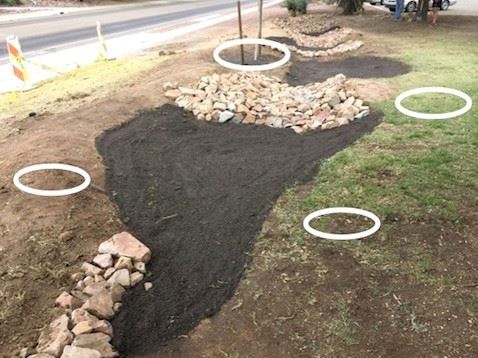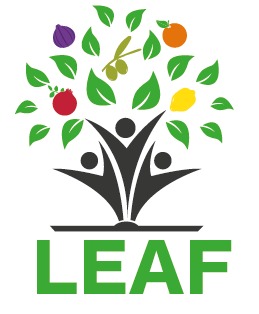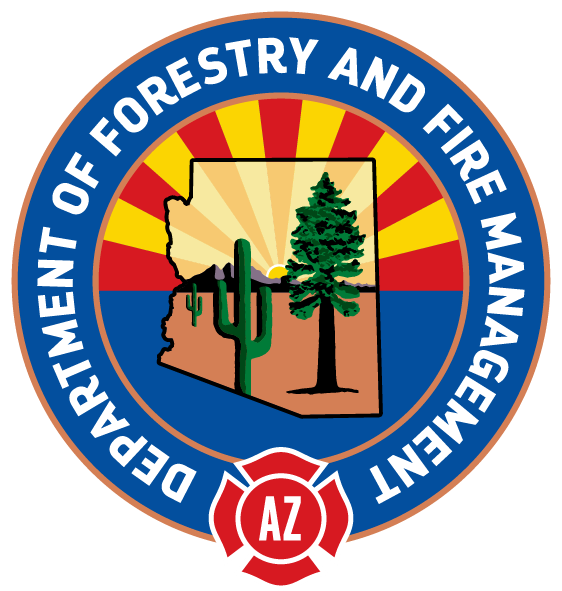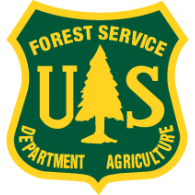Feeding Click Here for a PDF of FeedingWhile many soils naturally contain needed tree nutrients, soils with insufficient nutrients can result in less growth and fewer, smaller fruits. Native trees are good at using nutrients from poor soils and may not need additional inputs. Fruit and nut trees have good root systems to extract water and minerals, but soil nutrients can be used up producing large fruit yields if the soil has insufficient organic matter. Periodically fertilizing fruit and nut trees with compost encourages new growth and higher yields. However, too much fertilizer can damage trees. Do not fertilize the year you plant because it can burn young roots. Determine annual needs for fertilizer or compost based on tree size and age. Just prior to spring budding, apply soil amendments around the tree or into the first irrigation water of the spring. Nitrogen is the nutrient most needed for tree growth. Native trees including mesquite, palo verde and ironwood make nitrogen available to desert soils through their roots. Well-composted manure and plant materials can provide necessary nitrogen (N), phosphorus (P) and potassium (K) and the many micronutrients that support growth. Common commercial fertilizers contain N, P and K to amend soil as needed. In poor soils, micronutrient deficiencies can develop. Deficiencies of iron and zinc can develop, especially in caliche soils and soils with a high pH. Trees with iron deficiency may have yellow leaves with green veins on the youngest leaves. Trees lacking zinc may have small, narrow leaves that occur as tufts at the end of shoots. Leaves may also have yellow splotches between the veins. Compost can correct minor deficiencies; specific micronutrients can also be added directly to the soil around your trees or applied as foliar sprays. Ask local nursery or Cooperative Extension specialists for advice if you notice your trees lacking vigor or showing problems. |
Rich compost provides nutrients to soil and reduces evaporation loss from well-constructed water harvesting depressions. Rock spillways direct overflow water from one depression to the next, slowing water and reducing soil erosion. Potential tree-planting sites (circles) next to depressions allow trees to benefit from soil nutrients and harvested water. |
CAUTION: Never eat anything that is not properly identified. It is your responsibility to ensure that all fruits, nuts, seeds, pods and other edible products of trees and shrubs are correctly identified and safe to eat before eating them or serving them to others.
Copyright 2023
LEAF is under the fiduciary stewardship of the Arizona Community Tree Council, a 501(c)3 non-profit organization.
70 S Val Vista Drive, Suite A3-186, Gilbert, AZ 85296




